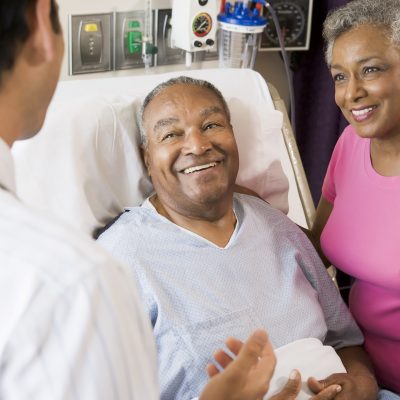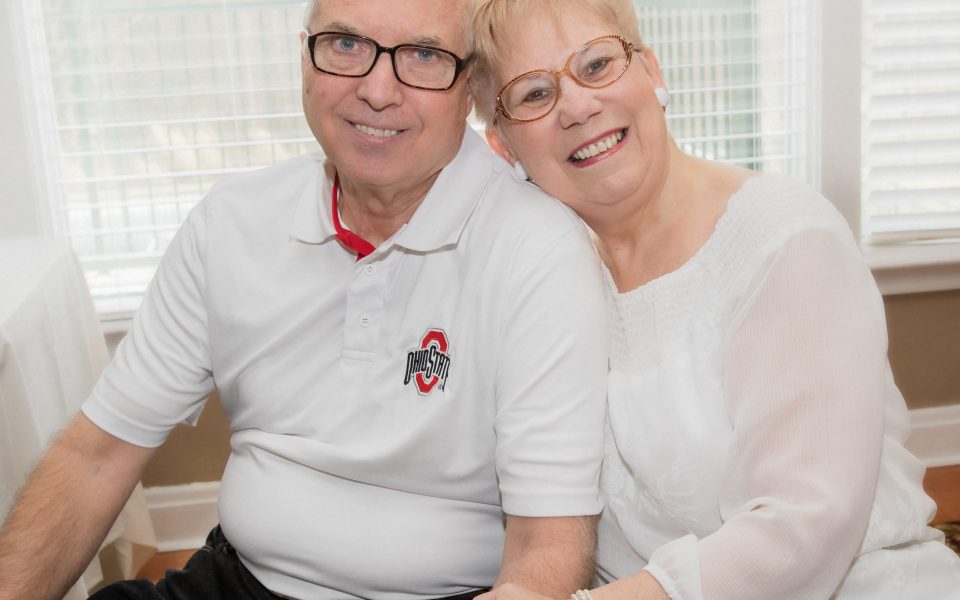As with any surgery, there are risks of complications. Potential complications include:
Blood Clots
Surgery and a lack of activity put you at risk for blood clots in the veins in your legs. Measures are taken to reduce the risk of blood clots. These include early activity and therapy, ankle pump exercises, elastic stockings, calf pumps, and a blood thinner medication. Even with preventive measures, it is still possible for blood clots to form. Tell the staff if you have swelling, redness, pain, warmth, or tenderness in your calf or lower leg.
Pneumonia
Pneumonia is also a risk after surgery. You will be taught deep breathing and coughing exercises to help keep your lungs clear and prevent pneumonia. Being active after your surgery will also help prevent pneumonia. Smoking increases the risk of pneumonia. If you are a current smoker, you should consider smoking cessation.
Infection
Infection is a risk with any surgery. Every precaution is taken to reduce the risk of infection. You will be given an IV (intravenous) antibiotic before and after surgery. All total joint replacements are done using special equipment that keeps the surgical area sterile during the procedure. You will also be given instructions for preventing infections. Being overweight, a smoker, or having diabetes can increase your risk of getting an infection. Ask your doctor or nurse for help in managing these risk factors.
Nerve Damage
Nerves around the surgical area may be damaged during surgery. Generally, the symptoms of nerve damage will improve or resolve over time.
Implant Loosening
Over time, your implant knee may loosen from the surrounding bone. Surgery may be performed to replace the implant.
Implant Wear
A small amount of wear is common with all joint replacements. If this wear is severe, surgery may be needed to replace the implant.
Implant Breakage
While very rare, the metal or plastic components of the knee implant may break. A knee revision surgery would be needed to resolve this.
Loss of Limb
Loss of limb is a rare possibility.
Death
As with any surgery, death is a potential but rare outcome.
 Preparing for your surgery is such an important factor of your success. We need your help to ensure your joint surgery has a positive outcome. Before your surgery, please review the following information in detail. If you have any questions, please give us a call and we are happy to help. You can talk with the staff if you need support, whether it’s emotional or physical, in coping with your surgery and recovery. Please continue reading to understand what you need to do before your surgery to make sure you have a successful outcome.
Preparing for your surgery is such an important factor of your success. We need your help to ensure your joint surgery has a positive outcome. Before your surgery, please review the following information in detail. If you have any questions, please give us a call and we are happy to help. You can talk with the staff if you need support, whether it’s emotional or physical, in coping with your surgery and recovery. Please continue reading to understand what you need to do before your surgery to make sure you have a successful outcome.
